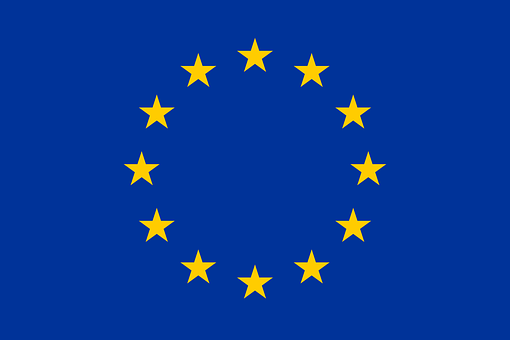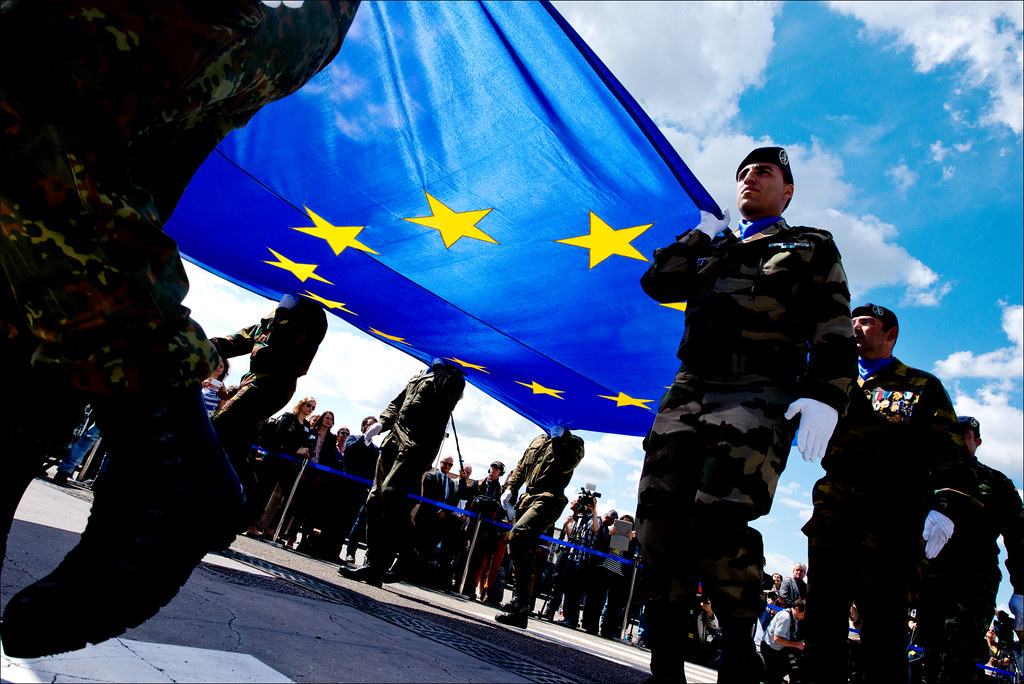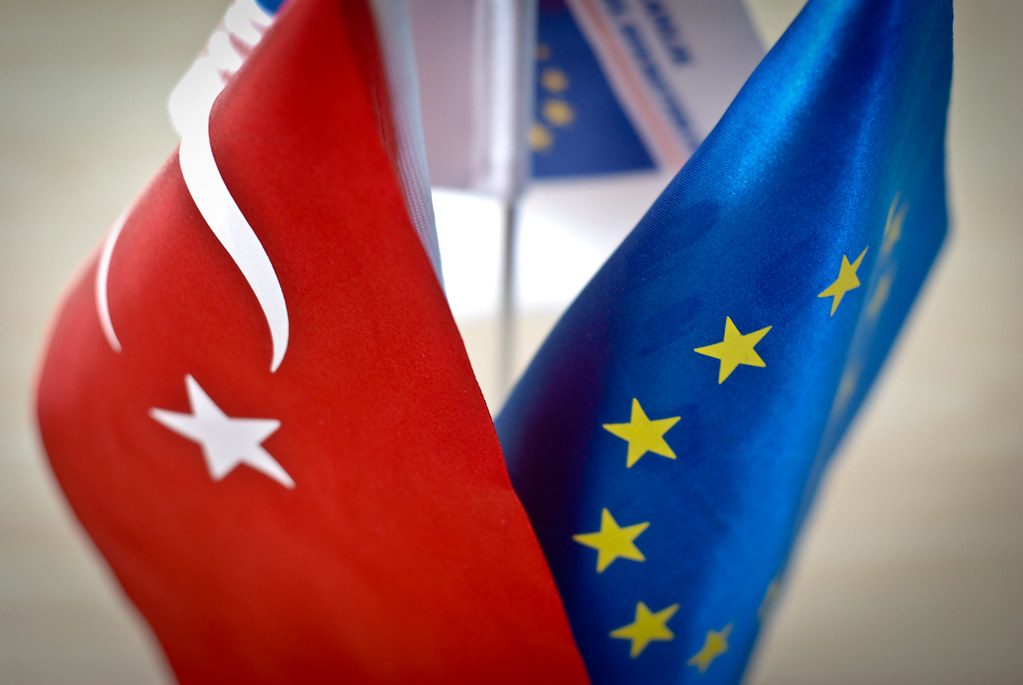UEA students Samuel Woolford and Arthur Buttimore look at how political participation could be rejuvenated.
As a part of the Future Leaders Project, we were given the opportunity to take part in and event organised by Model Westminster at City Hall in London. The event focused on aspects of Youth crime in London as well as simulating the construction process of policy aimed at reducing crime. We are first year Politics and Philosophy students and found that such a simulation, if taught at schools and applied in order to de-centralise politics could be a solution to the current turmoil in western liberal democracies.
The prevailing political systems of the 21st century are elitist, forming a hierarchy which disempowers much of the general population. This means that if those who have the power are not fighting for the interests of certain groups in the general population, those interests will not be dealt with. In France the inability of the elite to tackle growing wealth inequalities and looming environment catastrophe has manifested itself through the movement of the Gilets Jaunes, or Yellow Jackets. In America, the victory of Donald trump can be partly attributed to his position as a supposed anti-establishment character; revealing the profound disdain the American people have towards the Washington elite. There is a need for a new and inclusive political system. We will continue by showing how what we did in London last October hints at a solution to elitism.
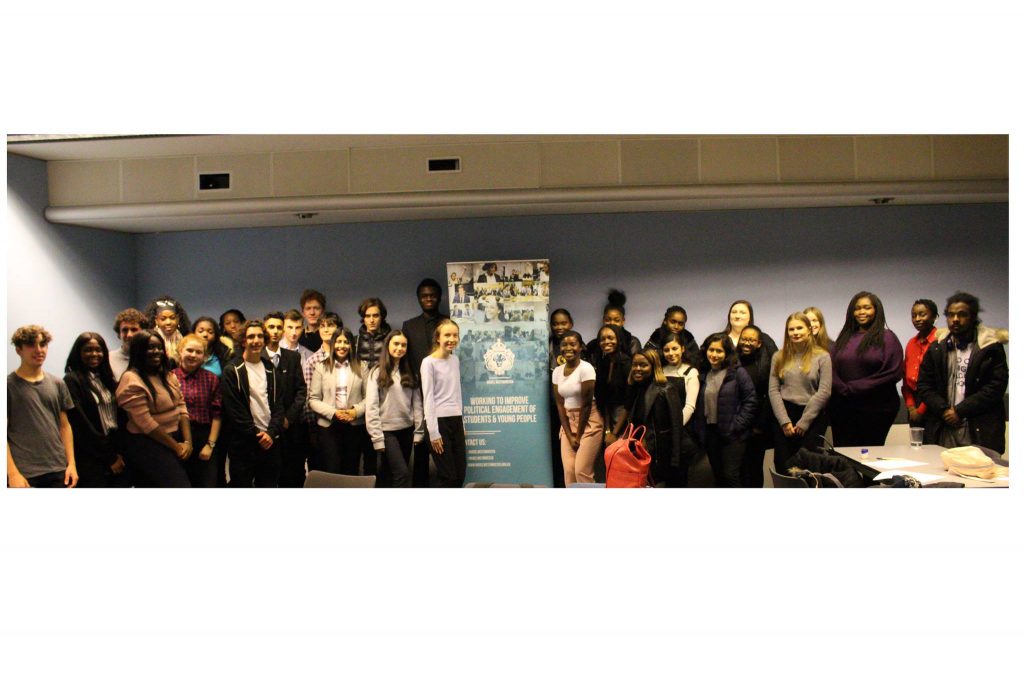
One of the speakers at the event was Rebecca Palmer, she came as a representative of the Peer Outreach Workers (POW). She spoke of her work with a group of 130 young people which were chosen in order to assess a strategy devoted to reducing crime. They were given input into the distribution of the £42 million fund, aiming at helping young Londoners escape the circumstances which lead to higher rates of crime. The framework of POW could be applied to many facets of society in order to help override institutions which may not function with the proper goals in mind. This sort of organisation would allow those who are directly affected by issues to tackle the without being hindered by having to work through a member of the political elite, who, depending on the outcome of the election, may or may not support the resolution of such issues.
The importance of such self-directed governance cannot be overstated. If young-people across Europe were to receive proper political and organisational training through these kinds of initiatives could become widespread and communities could grow by their own standards. This is important since a factor in many of the crises in western States is a mistrust of an elite which has proven itself to be untrustworthy. For example, in the aftermath of the 2007-8 financial crisis Europe’s elite demanded from it’s member states a policy of austerity, this fact is highlighted by the way that Europe used its power over the euro to strong-arm Greece into a policy of austerity even though the Greek people had elected a Leftist, originally anti-austerity, government.
Needless to say, anger towards the political and economic elite is not unwarranted, they act in disdainful and condescending manner while clinging to policy which disproportionately benefits those with capital. It is with the initiatives such the one organised by POW that this rift between elite and population can be resolved, indeed allowing those who are affected the most by policy to direct it would lead to a fairer society.
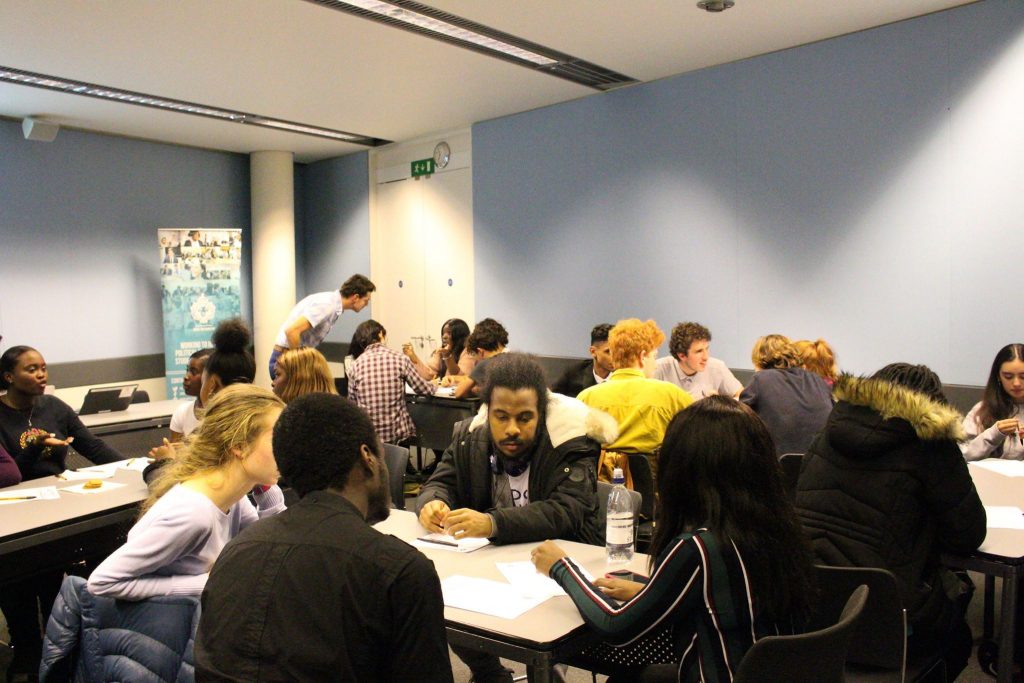
The workshop on crime policy helped us understand what issues we should focus on when trying to tackle such problems in society, these sorts of simulations could help train people to have a more active role in political decision making. Furthermore, POW’s initiative holds and understanding that issues are not going to be solved by people unaffected by them. Indeed, the possibility for discrimination or apathy slow down social progress. An empowering framework, which selects people relevant to an issue to allocate the funding to tackle it, removes the middle-man of the elitist state and allows those disenfranchised to actively work for their empowerment.
Samuel Woolford & Arthur Buttimore are first year students at UEA.



